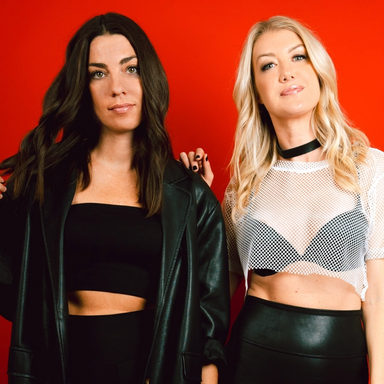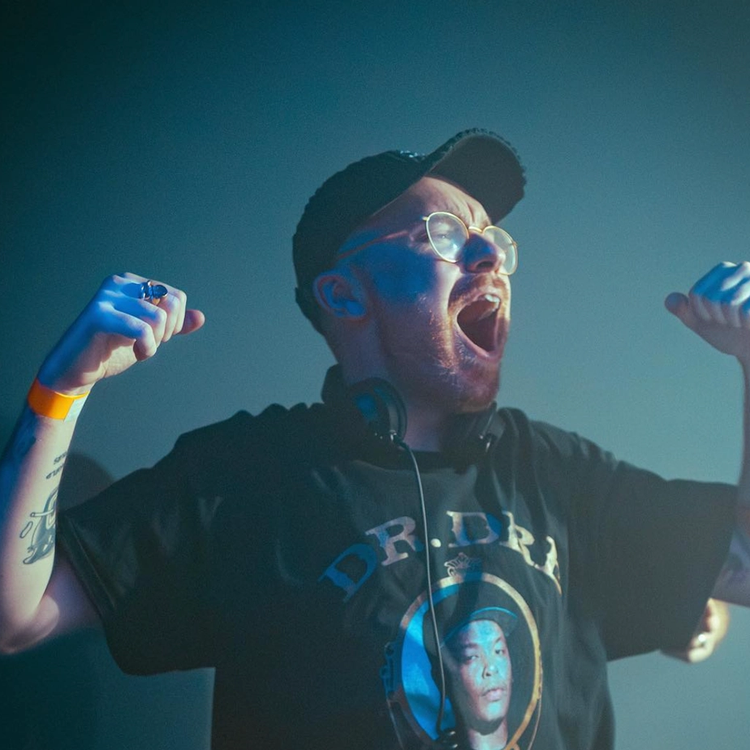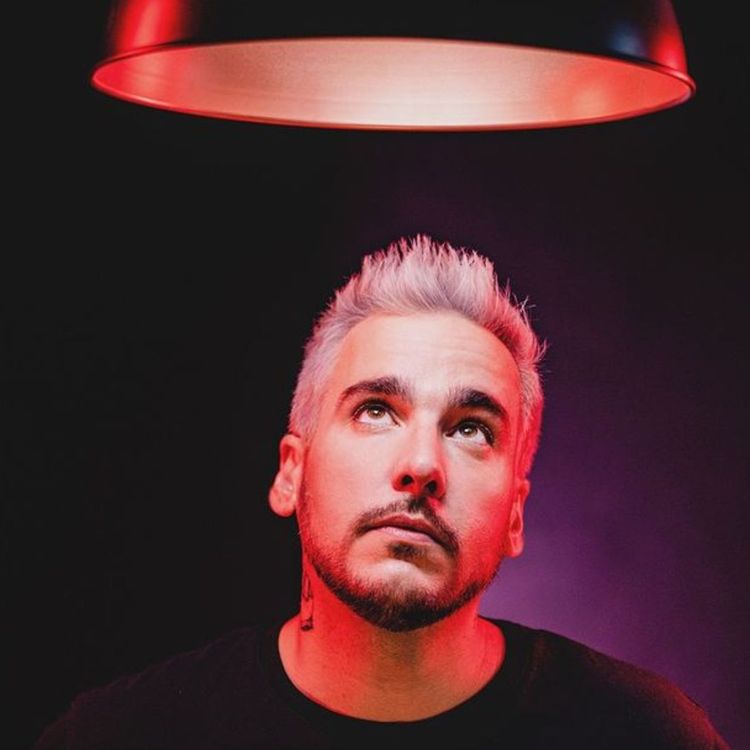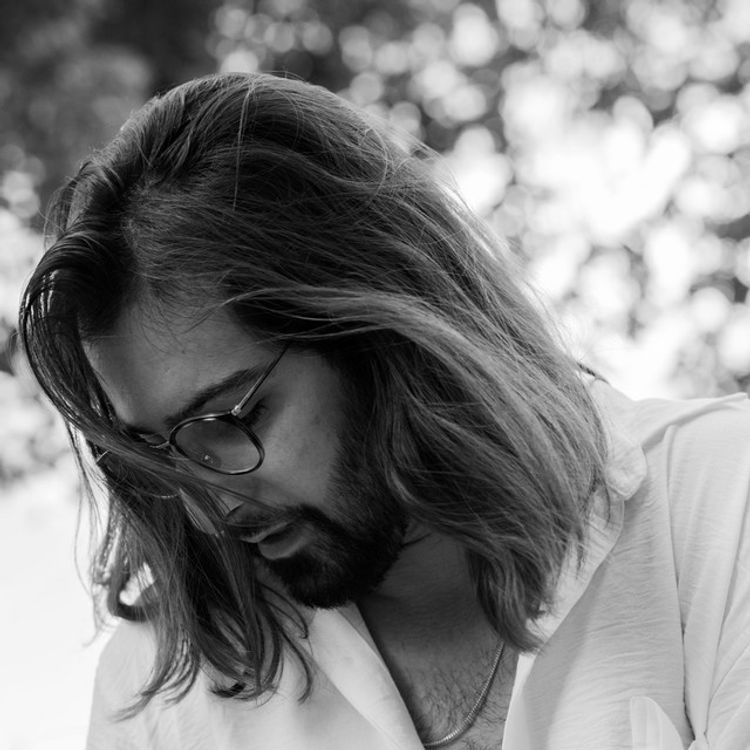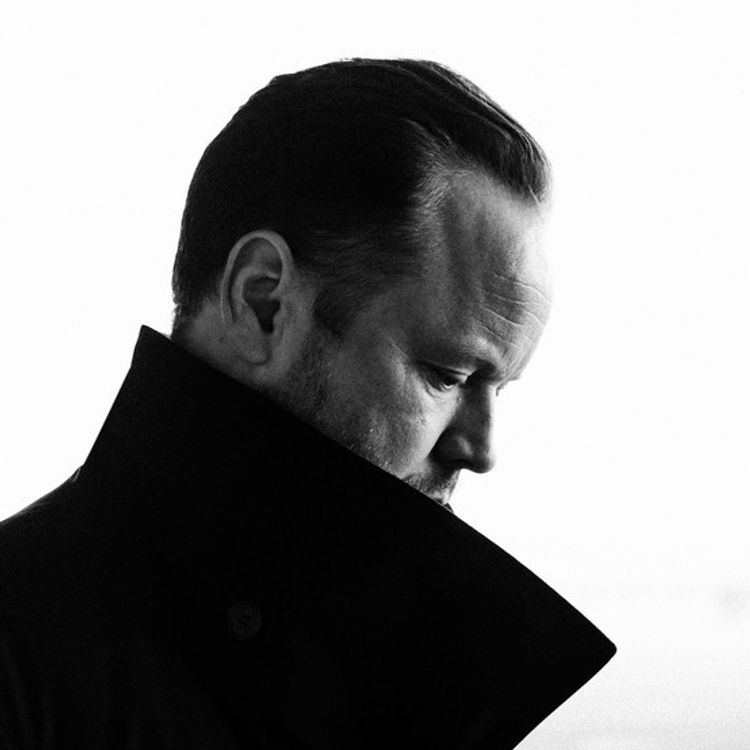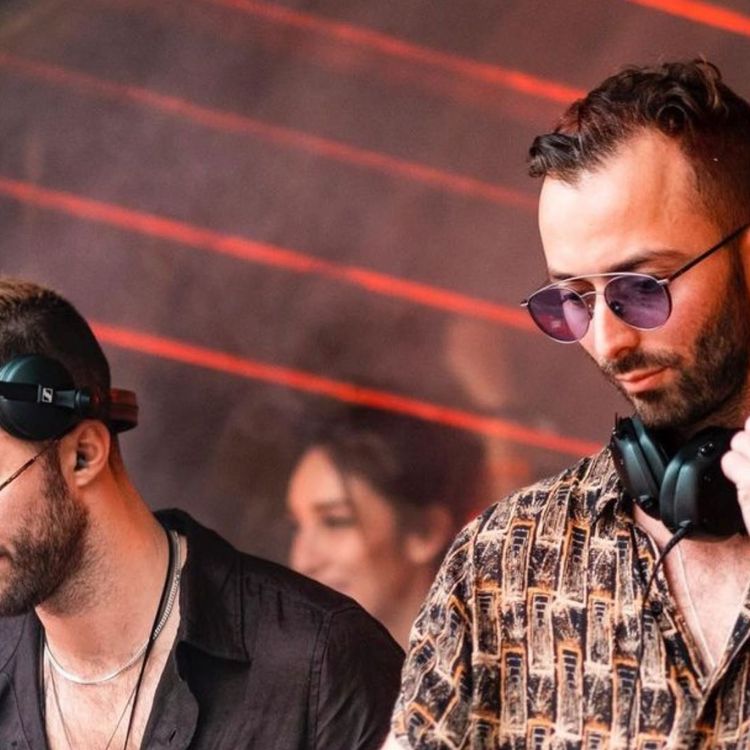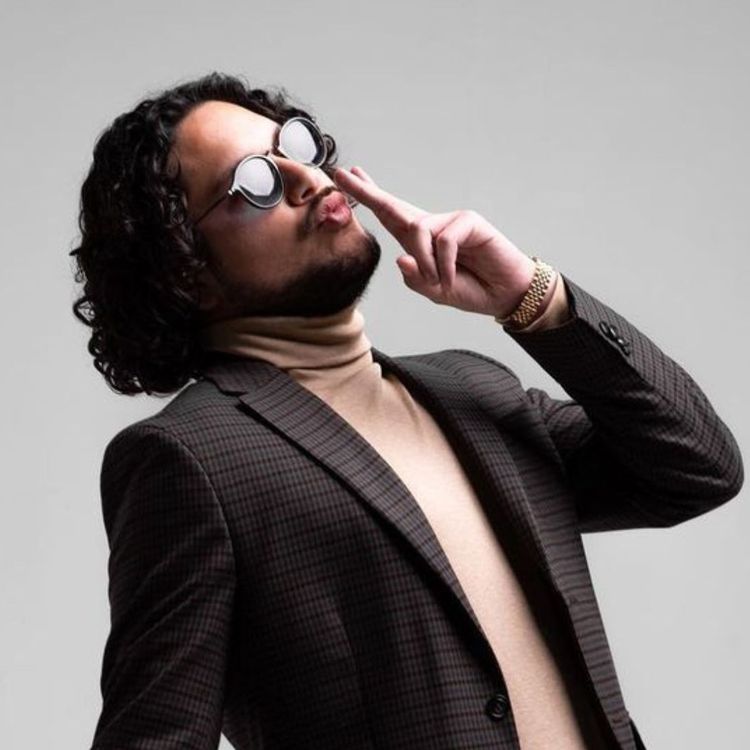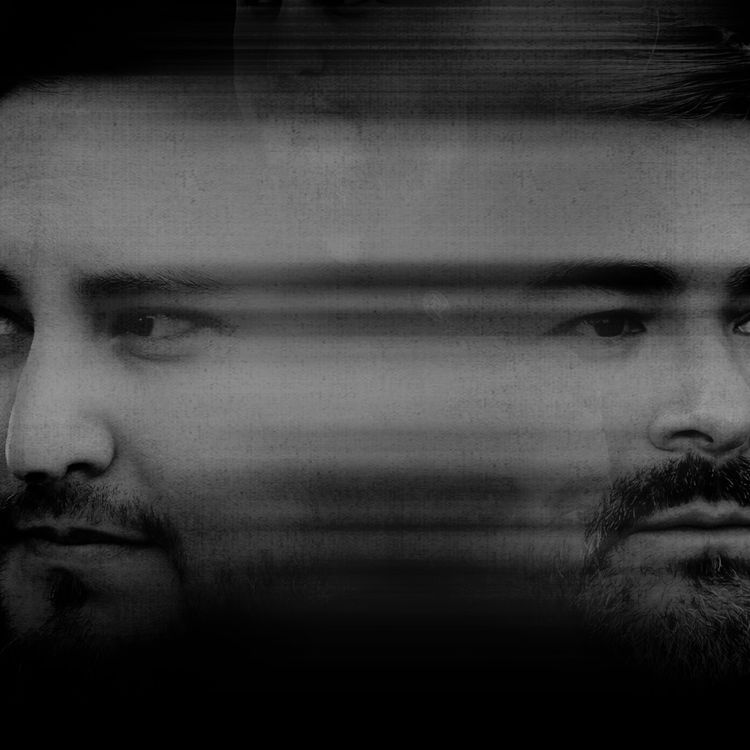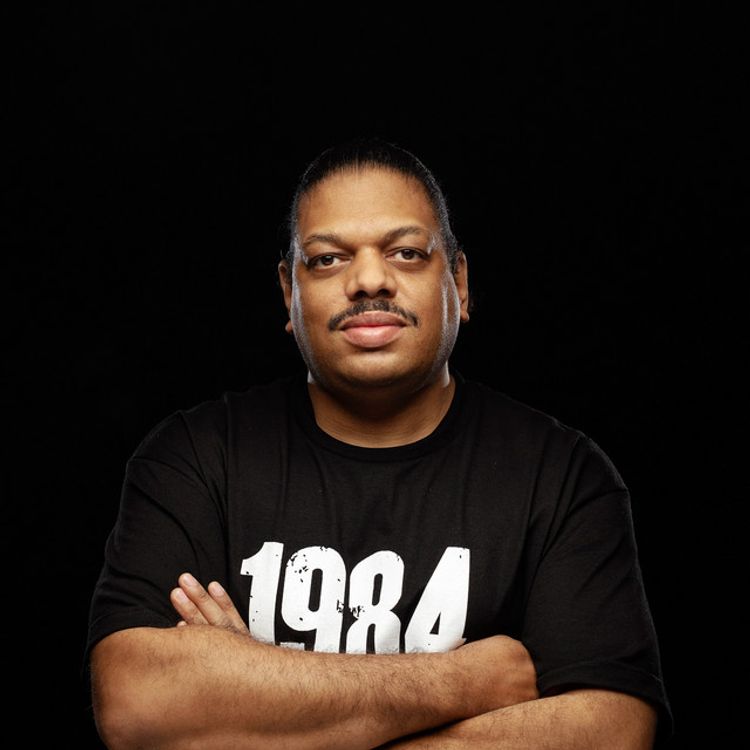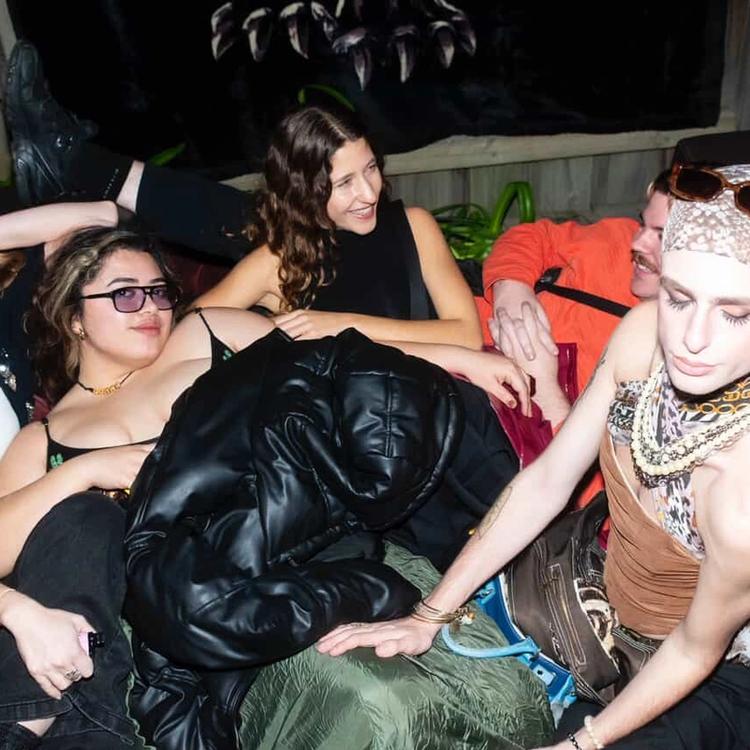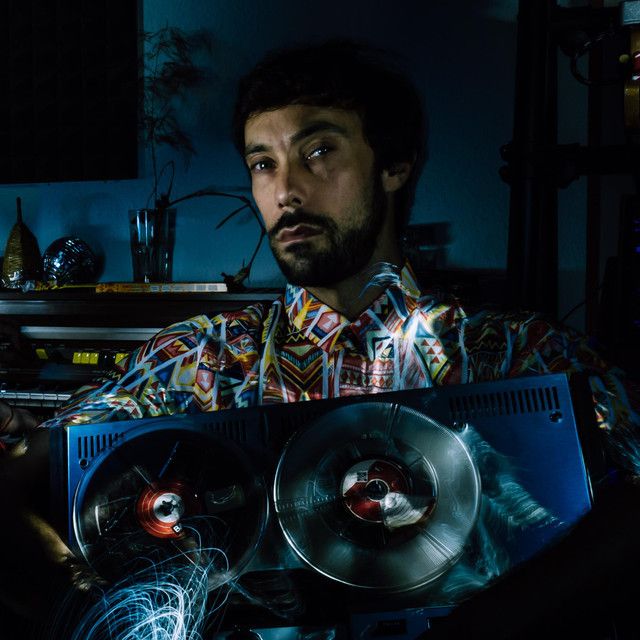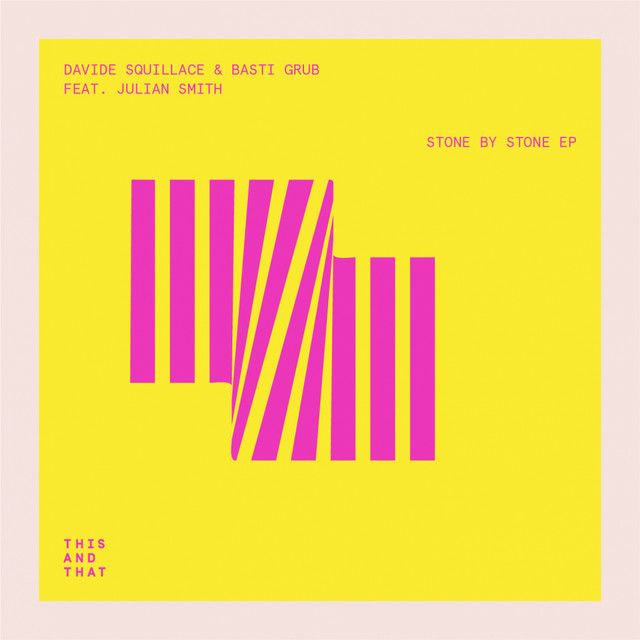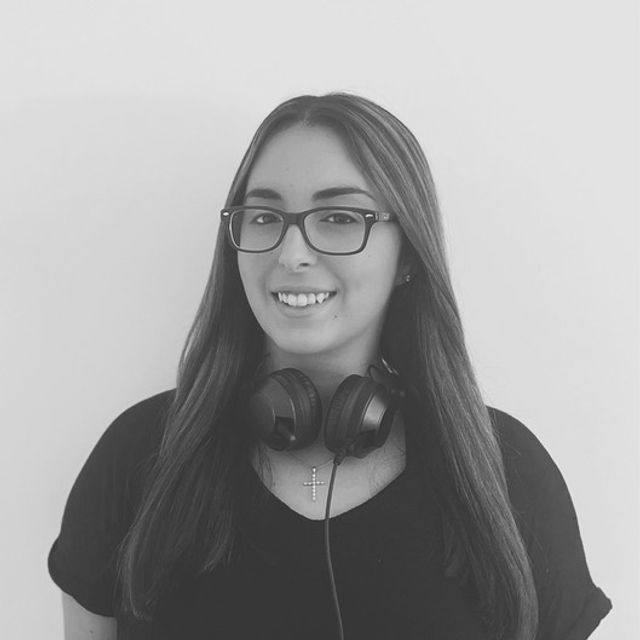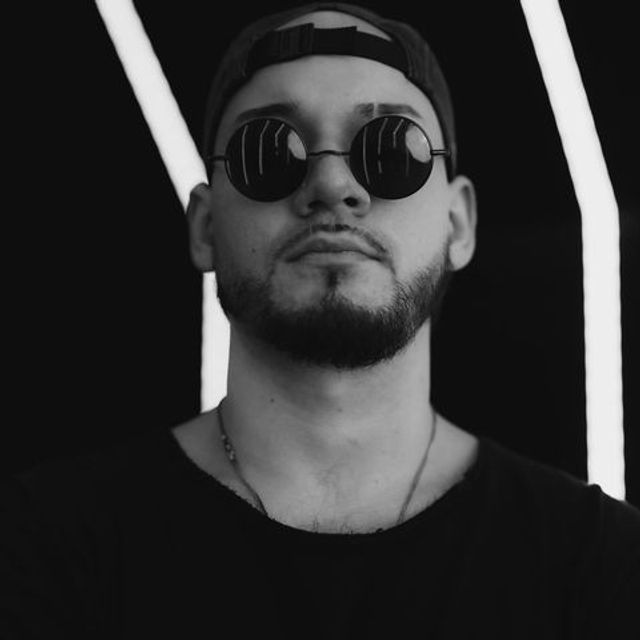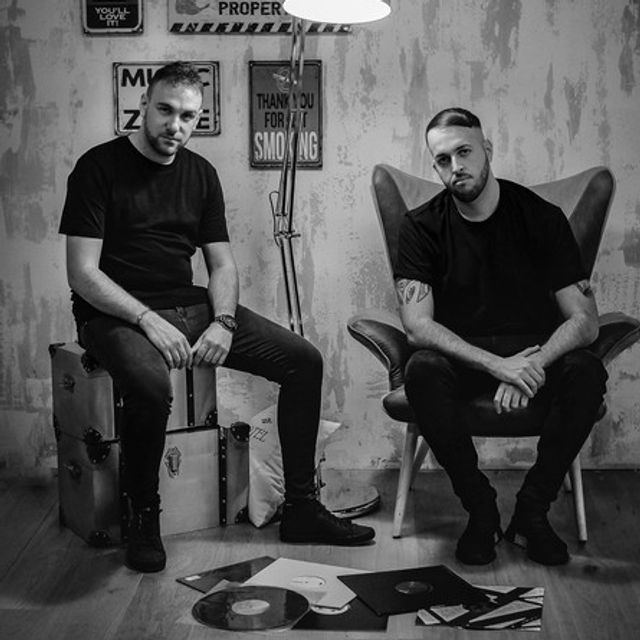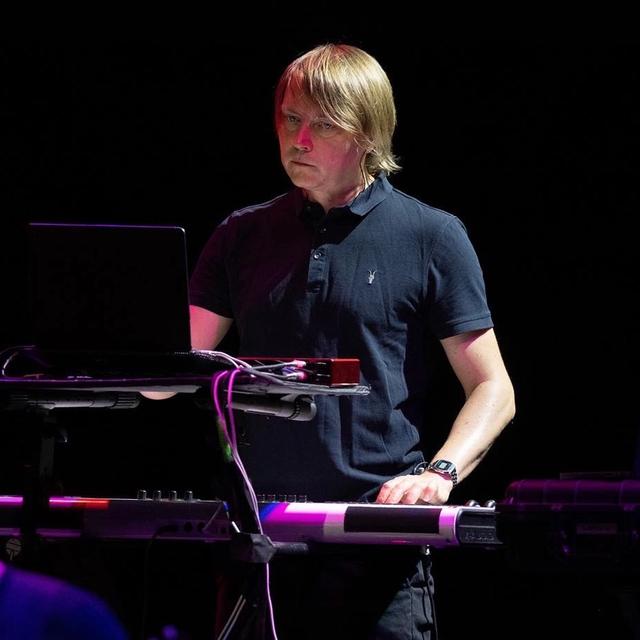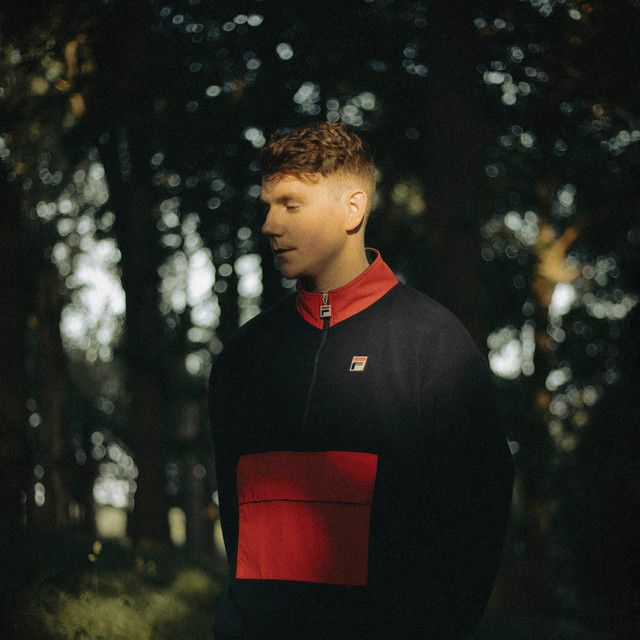Artist Spotlight
"What's in a name?" Shakespeare's tragic heroine, Juliet Capulet, posits. She may have implied that names are irrelevant, nothing but a convention with no meaning, yet how artists present themselves through a moniker makes all the difference. As an artist matures in step with their sound, how they communicate a clearly defined image and convey how they feel about themselves also changes.
It may seem that the well-refined maturity and grace that Seattle-born DJ and producer duo Max Low present in their music, stage presence, and aesthetic came in short order. That is if you only base your opinions on the age of their socials. However, the explosive growth that Jamie and Kiralleigh have experienced, including releases with hau5trap, In/Rotation, Farris Wheel, and gigs crisscrossing the US from New York to Chicago and back, wasn't born overnight. And their journey from fun-loving club kids to fledgling female duo No Pants Party to emerging industry mavens is a story that parallels the trajectory of modern dance music.
Jamie and Kieraleigh met while working at the Seattle arm of an international retail clothing store. They were 21 and 18, respectively, and immediately knew they'd be a force together. Making music wasn't exactly on their minds immediately, though.
They both grew up immersed in music. Jamie in ballet, giving a clue to her innate rhythmic inclination. And Kira—in the most Seattle way—recording clips of grunge songs off the radio on cassette tapes and then singing in high school choir, though she admits, "that hardly counts. I think they just put me there."
"The first time I met Kira, she was only eighteen, and I had just turned twenty-one," Jamie says. "We were very young, and she told me some story about how she'd gone camping over the weekend and drank a twelve-pack of Corona, And I was like 'What is wrong with you? How did you do that? We're going to be best friends. I Like this girl.'"
Jamie's newfound interest in dance music led the pair to explore Seattle's burgeoning scene. Tucked away in the furthest reaches of the North West, Seattle's community of ravers was smaller and more underground than Vancouver to the north and San Francisco to the (distant) south. It was the late aughts, and dance music had yet to rise to the prominence it now experiences.
"We saw Steve Aoki, and there was like thirty people there. I think [that was] one of our first Seattle shows," Kiraleigh remembers.
"We would go out to dance music nights, but it was never really about the DJ. We just went for the party. The company that we were working for moved me to a store in Canada, and I lived there for a year and a half. They were way ahead on the whole electronic music scene," Jamie adds, explaining that her co-workers in Canada exposed her to the fandom of dance music. "That concept of going to see a DJ had never occurred to me before. So, I moved back, and I told Kira, 'We have to go see all these people.' And we would drive up to Vancouver because they were not coming to Seattle to perform because it wasn't really a thing there at the time."
Dance music was still counter-culture. And even during previous peaks in popularity, ravers often had to seek opportunities to experience it in a live setting, depending on the recommendations, not algorithms, to supply the daily dance diet that kept you going between nights out. Everything seemed to happen by chance or simple twists of fate. Like when they discovered an unlabeled CD at work. "It was just this random CD we found in the stock room that had all this weird music on it. And then it had Green Velvet."
Despite all the signs pointing to more than a passing obsession with house music, they still hadn't seriously considered performing. A play for the DJ big leagues didn't drive their move from the rainy Seattle suburbs to Los Angeles. Beyond escaping the weather, they came to party. Still, they weren't blind to the disparity in representation on stage and began to think they could be the female DJ duo they never saw on any lineups.
Jamie explains that DJing felt like a natural progression. "I think we thought about it for so long before we actually did it, we were committed already. By the time we started, we talked about it, and we're like, 'Wouldn't it be cool if there were two girl DJs?' Because we hadn't really seen it at the time."

Max Low plays an early gig repping their Seattle pride
Gigs didn't come easy at first. They sent cold emails to promoters hoping for a chance to play out in public. When I ask about their first gig (at Adults Only Bar in LA), they laugh, explaining that it wasn't exactly a booking. "Was that the very first place that actually let us play in public?" Jaime asks Kiera. "Not asking us play. It was like letting us play because our friend worked there...Letting us play for free." she adds.
They adopted the name No Pants Party, partly as a joke and partly because they weren't entirely sure where to take their DJ career or if it was a career. Things started to get serious after a few years in LA. They'd built a following and were performing more frequently at hotspots like Sound and The Standard. And naturally, production followed.
"Once we were becoming what we thought was mildly successful DJing. We realized that was the next step. We really got to be better at producing, learn how to do this, and start putting out tracks, and meet with people who can teach us things. You can't just be a DJ in this climate," Kira explains.
So enlisting the help of friends, they hit the studio dropping tech house heaters on labels like Vanilla Ace's Wyldcard, Seattle-based Late Night Munchies, and ultimately their big label debut, "Never Knew" with Vanilla Ace on Toolroom at the top of the pandemic.
Thrusting into a world without gigs, Jamie and Kira took the pandemic in stride, ultimately viewing it as an opportunity. "We already had releases lined up, and then we were like, 'this is kind of cool because instead of having hustle to get gigs, we can make our own and just stream. [It made it] a little bit easier to get noticed."
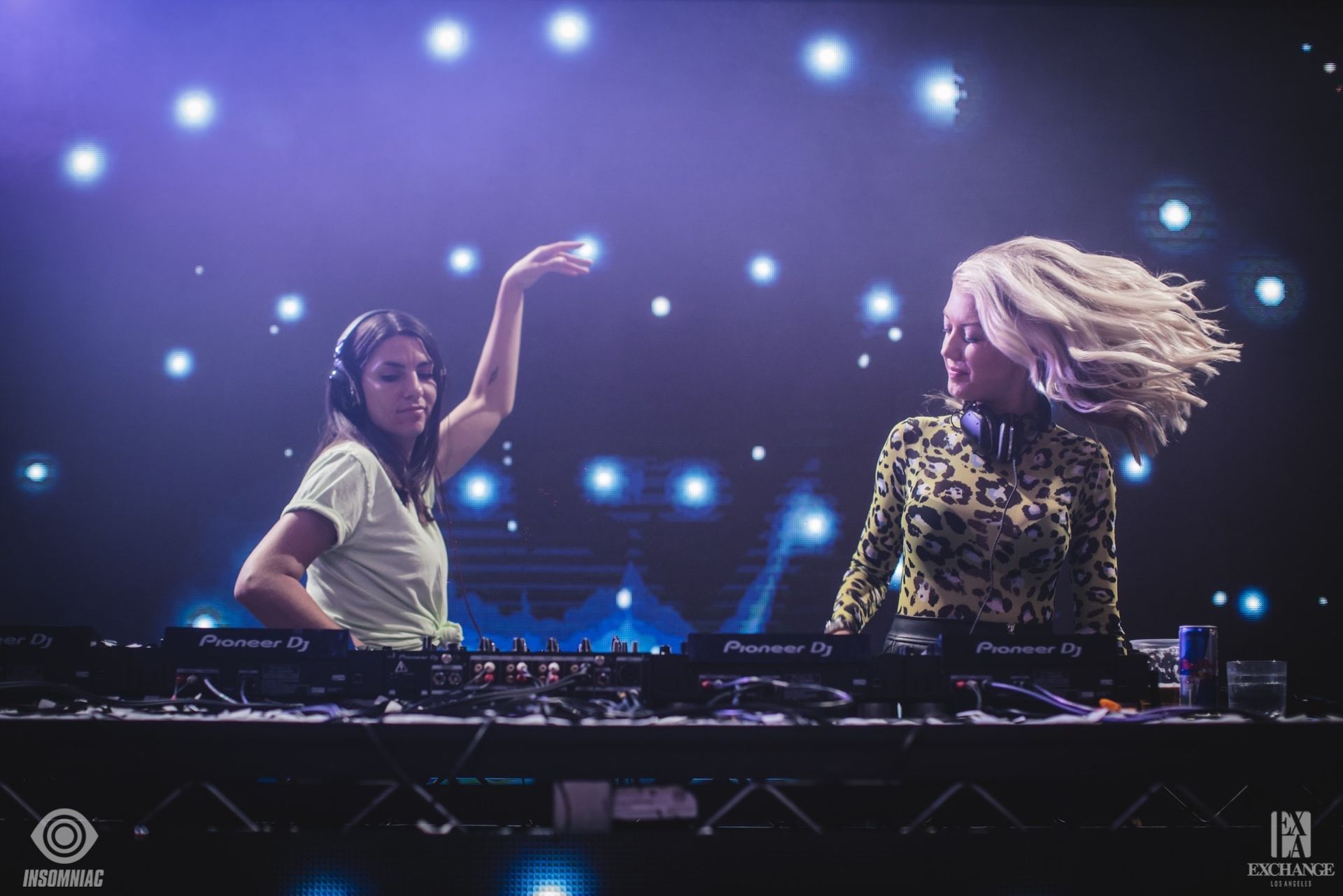
By the time clubs began to open again, No Pants Party didn't seem to fit anymore. "We'd been thinking about it for a long time anyway," Kira said about the difficult decision to rebrand amidst the building momentum of a serious career in music. "[No Pants Party] kind of all started silly as kind of a joke, and as we became more serious, we realized we were kind of [ready to split] with No Pants Party now."
Since rebranding, they've continued on a path of explosive growth. And while their rebrand comes with a sense of maturity and focus, it'd be reductive to attribute that growth simply to a name change. Especially when you consider the winding journey they've been on together. As Juliet Capulet would say, "A rose by any other name would still smell as sweet."
